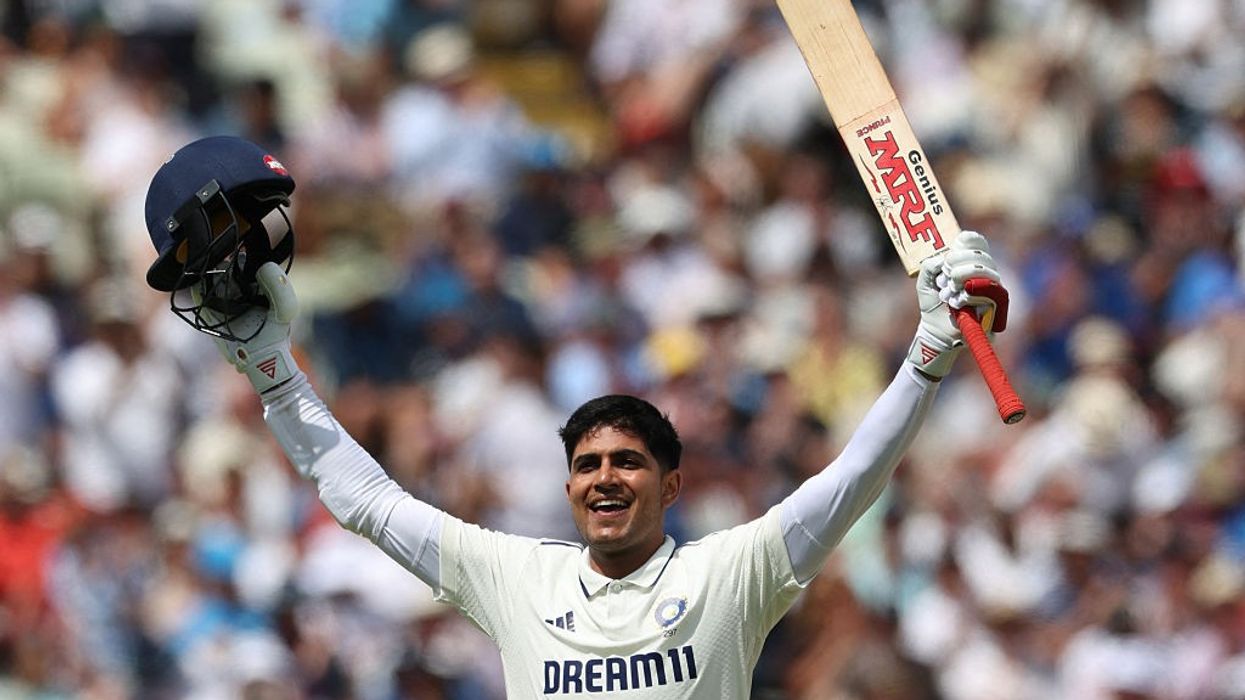Salaar will not hit the screens on its scheduled release date of September 28 due to "unforeseen circumstances", the makers announced Wednesday.
In a statement on X, production house Hombale Films said it will reveal the new date of the Prabhas-starrer in due course. "We deeply appreciate your unwavering support for #Salaar. With consideration, we must delay the original September 28 release due to unforeseen circumstances.
"Please understand this decision is made with care, as we're committed to delivering an exceptional cinematic experience. Our team is working tirelessly to meet the highest standards," the banner said in the post.
The first part of the pan-India film series, titled Salaar Part 1: Ceasefire, is billed as a big-budget action adventure. It is directed by Prashanth Neel of the "KGF" franchise fame and produced by Vijay Kiragandur.
"The new release date will be revealed in due course. Stay with us as we make the final touches on #SalaarCeaseFire and thank you for being a part of this incredible journey," Hombale Films further said.
The film will also feature Prithviraj Sukumaran, Shruti Haasan, Eshwari Rao, Jagapathi Babu, and Sriya Reddy.

















